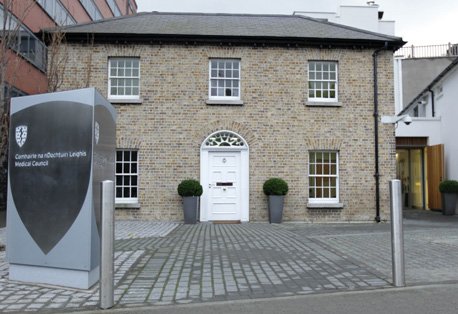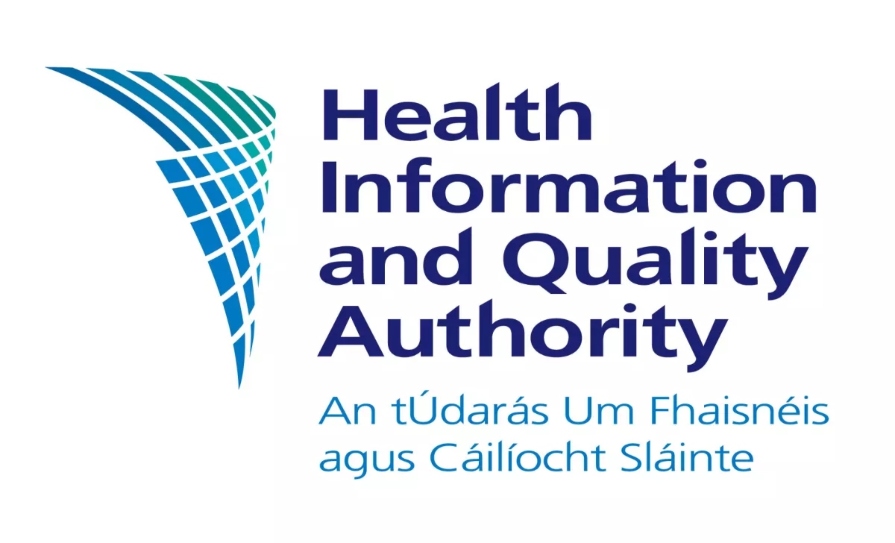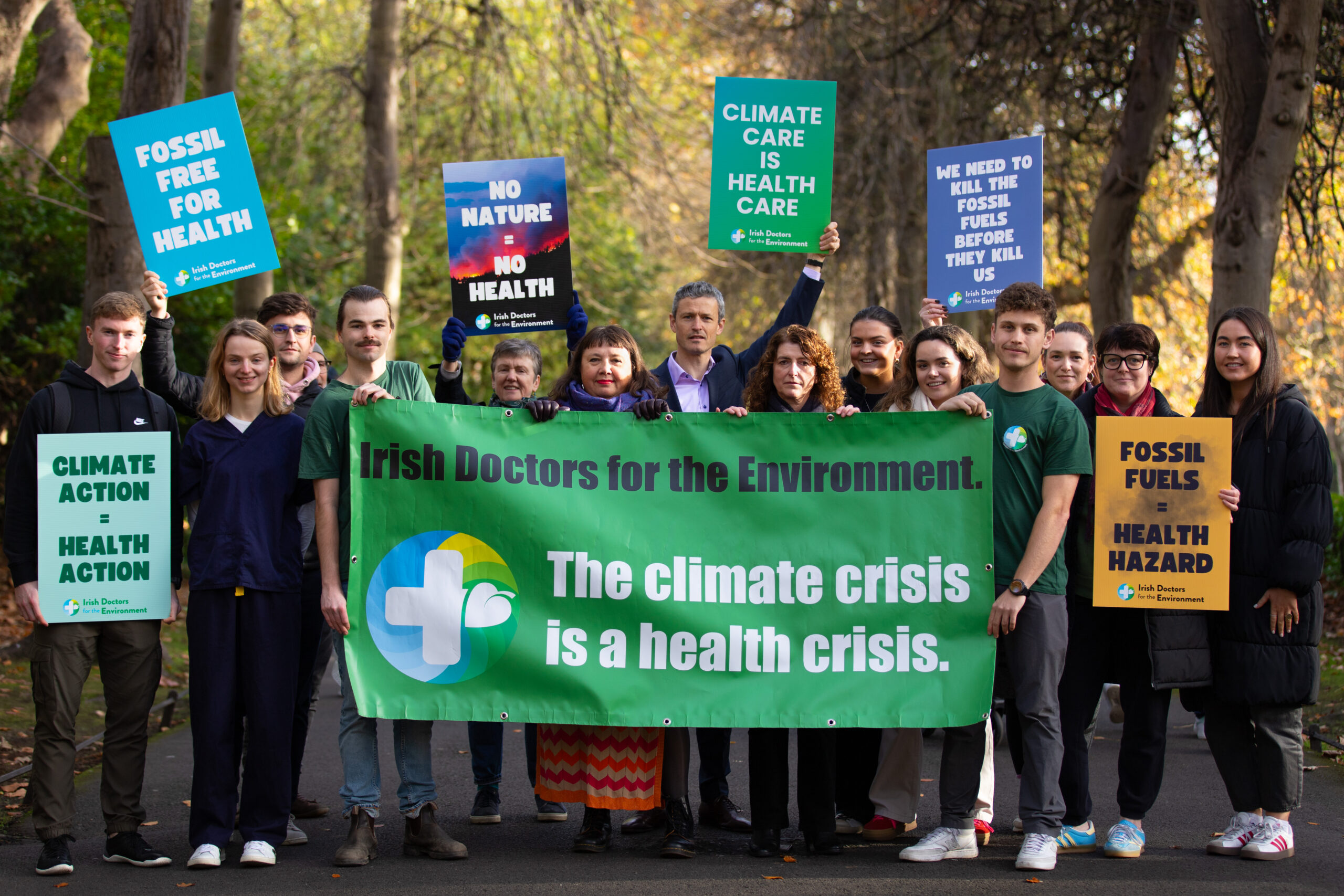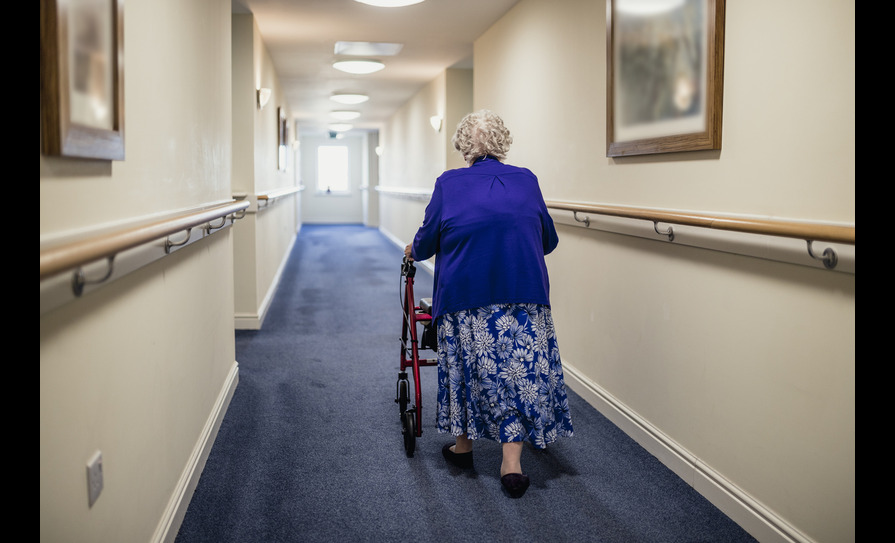Some 41 per cent of trainees experienced some form of bullying or harassment in their roles, an increase from 34 per cent in 2014, according to the latest Your Training Counts report, which was published by the Medical Council today.
The data, which was collected in 2017, also showed that doctors represented 58 per cent of perceived perpetrators of bullying behaviour, while nurses and midwives represented just under one third of perceived bullying perpetrators (30 per cent), as reported by respondents. Just under half (48.5 per cent) of trainee respondents in 2017 reported experiencing undermining behaviour from a consultant or GP.
Over half (56.2 per cent) of respondents reported witnessing a colleague being the victim of bullying or harassment and 2 per cent of trainees witnessed such incidents on a daily basis.
In 2017, some 68.9 per cent of respondents who reported being bullied and harassed did not divulge the incident(s) to an authority figure. However, of the 31.1 per cent who did report an incident, only 8.7 per cent said action was taken.
Meanwhile, 70 per cent of trainees reported a good or better quality of life, with 76.9 per cent reported as enjoying good mental wellbeing. Nine out of ten trainees felt physically safe in the hospital environment.
However, despite the provisions of the European Working Time Directive, over one third of respondents reported working 60 hours or more in a typical week. A good or better than good self-perceived quality of life was lowest among those who worked more than 59 hours per week, with over half of respondents reporting a quality of life that was good or better.
The number of doctors on the trainee specialist division of the register who expressed a desire to leave Ireland and practice medicine has steadily declined, falling from 21.3 per cent in 2014 to 14 per cent in 2017. In addition, those wishing to remain in Ireland has increased year on year, from 54 per cent in 2014 to 67.2 per cent in 2017.
A total of 759 doctors in training participated in the 2017 survey (response rate = 24.5 per cent).
Speaking at the launch of the report, Council President Dr Rita Doyle commented: “Improvements have been made but there’s still much work to do. Interns and trainees are the future of Irish healthcare, they need to be supported and nurtured and encouraged to remain working in this country. They are the jewels in the crown of Irish medicine, make no mistake about it, and these crowns need to be polished by their training and not tarnished through the process.
“Encouraging trends are emerging but more needs to be done, especially around the wellbeing of our doctors. Bullying will not be tolerated, and we need to reassure our trainees that they can be guaranteed support every step of the way. Employers, trainers and policymakers all have an important role in ridding the Irish healthcare system of bullying, it cannot continue. I would encourage anyone who is a victim of bullying to report it via the appropriate channels within their organisation. If they believe they haven’t been given fair consideration they can contact us here at the Medical Council either formally or informally.”
Dr Doyle also warned that senior doctors “must not abuse” their authority and should be role models for younger doctors.
Council CEO Mr Bill Prasifka noted that trainees and interns, in the main, feel safe in their workplace, have good general health and self-reported quality of life.
“Although there have been improvements in numerous key areas such as wellbeing and mental health, concerning trends which have been identified in recent years on serious issues such as bullying and long working hours still continue,” he added.
Responding to the report, Dr Justin Brophy, Chair of the Forum of Irish Postgraduate Medical Training Bodies, commented: “Despite the low response rate, the Forum actively encouraged doctors enrolled on specialist training programmes in Ireland to participate. This survey is based on similar work carried out previously here and also in other jurisdictions. There are some questions in regard to methodology, but data of this kind is a valuable indicator of changes in the medical specialist training experience here.”
According to Dr Brophy, conditions in the clinical workplace setting “remain very challenging for training, yet immense dedication and commitment to high standards is still in evidence, sometimes too much so.
“Trainees and trainers are being expected to do more and more, in a clinical environment where workload has increased significantly and pay and workforce stability have deteriorated. Acute hospitals and certain specialities are faring worse than GP and mental health settings and must do more to improve training. Working hours are still too long and adversely impacting care, safety and training. The Your Training Counts survey highlights that while most trainees reported feeling well and being satisfied with their training, almost all experience challenges with the system.
“Despite this, measures of personal safety, wellbeing and mental health were improving generally, reflecting greater systemic awareness and professional prioritisation, and likely helped too by several initiatives which have been put in place by the training bodies and employers.”
On the bullying findings, Dr Brophy said this was happening against a backdrop of “relentless strain” on health services “and is one further symptom, albeit an unacceptable one, of a deeply stressed and dysfunctional system here”.
“The association found in the survey with bullying and involvement [in] adverse events is of real concern but not well understood. The Forum has asked the Council to look further into this and will move quickly to translate any implications for trainees into practice guidance.”
Meanwhile, also responding to the report, IMO President Dr Padraig McGarry said: “The recruitment emergency in our hospitals is very worrying, and we are now seeing the knock-on effects – with far too many doctors working unsafe hours, a growing mental health crisis, and incidences of bullying that are having a lasting effect on our younger doctors and resulting in far too many adverse events taking place.
“This unacceptable working environment – exacerbated by a huge 30 per cent pay disparity between consultants appointed before and after 2012 – is unquestionably having a negative effect on our ability to retain our doctors in Ireland.
“While this report is very valuable, it is not telling us anything new and we must now as a health service make positive changes to support and encourage our younger doctors. Government have long been aware of the chronic retention problem in our services, yet they continue to ignore the problem which has the inevitable consequences that we in the IMO have warned off repeatedly.”
The IHCA said the survey “confirms that the Government’s policy towards new entrant consultants is driving our highly trained doctors and consultants abroad and undermining acute hospital care for patients”.
Dr Donal O’Hanlon, IHCA President, commented: “It is essential that lessons are learned from the report published today. It is widely acknowledged that our acute hospital services have too few consultants, with around 500 permanent posts either vacant or filled on a temporary basis. This is resulting in an overstretched work environment and is adversely impacting on the quality and safety of care that doctors and consultants can provide to patients.”












Leave a Reply
You must be logged in to post a comment.